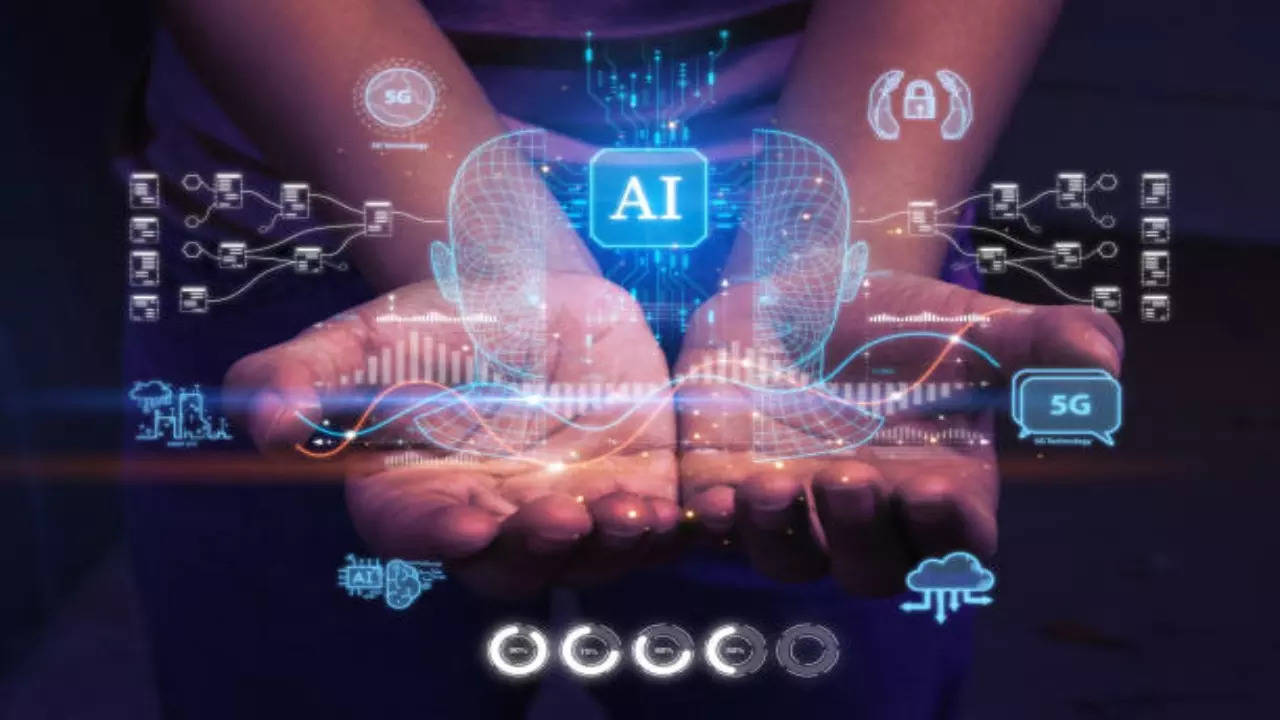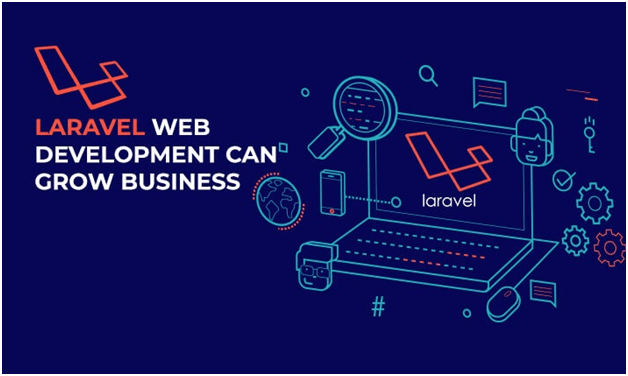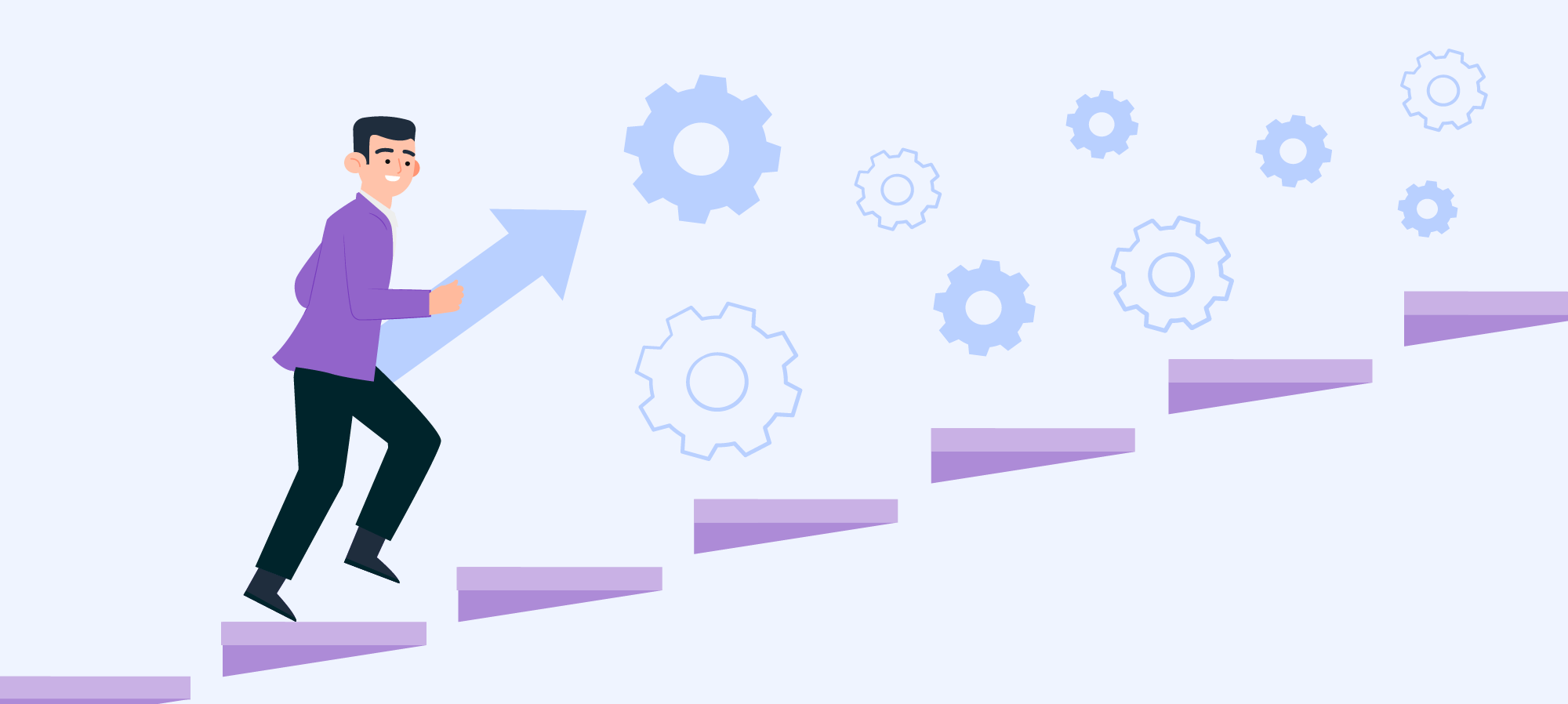How AI Engineers Customize Technologies for Business Needs?
Published on 15/03/2024
How AI Engineers Customize Technologies for Business Needs?
"No matter which platform you visit or browse to stay up to current on the latest innovations, we can bet that every single one of them is discussing AI, AI Engineering, Ai forms, AI's future, and how AI will replace humans." Although the reality exists that there will always be innovations and something new, and people and businesses that stay up to date will always be part of the race and continue to grow. In the last two years, the two most popular topics and technologies have been "AI & ML" (Artificial Engineering and Machine Learning).
Will AI engineers actually replace every job in the world?This is a highly hot and never-ending discussion until we give it some more time to see how far AI technology can go. While, we will focus how Ai engineering and Ai engineers are helping businesses in growing, improving operational proficiency, and providing more insightful data backed by customised technologies build with Ai and Machine Learning.
Technologies in the AI Engineer's Toolbox
AI engineers are able to use a wide range of technologies to bring intelligent solutions to life. Machine learning, natural language processing, computer vision, and deep learning are just a handful of the important tools at their fingertips. They prioritise on developing algorithms that allow machines to understand patterns, forecast outcomes, and continuously improve their performance by learning from data.
Some of the most common and trending AI technologies in 2024:In this booming AI industry, many of the most fascinating work of AI engineers revolve around these five to six primary types of AI development. The features of these Ai technologies include the existing capabilities, ethics, and biases of artificial intelligence.
- Reinforcement LearningReinforcement learning allows computers to learn by trial and error, adjusting their actions in response to input and outcomes, so enhancing autonomy and decision-making.
- Generative Adversarial Networks (GANs): Within the vast canvas of creativity, GANs present an intriguing dynamic that enables AI systems to generate new content, ranging from art to realistic synthetic data, by pitting two neural networks against each other.
- Robotics and Sensor Integration: AI developers effectively integrate AI with robotics, allowing robots to interact with the real environment. Sensor integration enables these systems to observe and adapt to their surroundings, allowing for applications ranging from driverless automobiles to smart manufacturing.
- Edge computing: pushes the limits of data processing by decentralising computational capacity, allowing AI systems to work closer to the data source. This not only improves performance, but also addresses privacy and bandwidth issues.
- Explainable AI (XAI): As transparency becomes more important, AI developers explore the arena of XAI, guaranteeing that AI systems provide clear explanations for their judgements, fostering trust and responsibility.
- Quantum Computing: At the cutting edge of computational prowess, quantum computing has the potential to revolutionise AI by executing complicated algorithms at rates unreachable by classical computers, opening up new dimensions of problem solving.
Technologies a top-tier AI engineer is able to develop and use include:
- Machine learning
- Natural language processing (NLP)
- Computer Vision
- Deep Learning & Reinforcement Learning
- Generative adversarial networks (GANs)
- Robotics and Sensor Integration
- Edge Computing
- Explainable AI (XAI)
- Quantum Computing
- Data Engineering
- Big data technologies (such as Hadoop and Spark)
- Statistical Modelling
- Programming languages (Python, R, and Java)
- Algorithm Design and Optimisation
- Cloud Computing (such as AWS, Azure, and Google Cloud)
- Math and Linear Algebra
- Database and SQL
- Software Development and Engineering
- Problem-solving and Critical Thinking
Can AI Engineers Actually Help Businesses?
The short answer is YES, to a quite healthy and affordable extent. AI engineers are turned out to be a BOON for businesses. As catalysts for corporate transformation, AI Engineers use their knowledge to leverage the power of artificial intelligence. In a world when data is abundant but insights are critical, these individuals use new technology to provide firms a competitive advantage.
Now the question is HOW?
Engineers are able to skillfully customise technologies to precisely meet the different needs of businesses. Beginning with a thorough needs assessment, AI engineers delve into the details of organisational operations, using advanced data analysis to identify trends and opportunities. This comprehensive understanding guides the deliberate selection or design of algorithms, which are carefully constructed to suit specific business difficulties. Their methodology is highlighted by flawless connection with existing systems, thorough user experience considerations, and forward-thinking scalability planning. Continuous improvement processes, user training, and an unwavering dedication to compliance set AI developers apart. In this technical era, they create bespoke AI solutions that not only address urgent difficulties but also prepare enterprises for long-term innovation and success.
Some of the AI technologies where AI Engineers provides a quick and affordable customised solutions for small to medium scale businesses.
- Cloud Computing Services:Platforms like as AWS, Microsoft Azure, and Google Cloud provide scalable and cost-effective cloud solutions. This allows enterprises to store, access, and administer data and applications remotely.
- CRM software:Tools such as Salesforce, HubSpot, or Zoho CRM, helps businesses manage customer interactions, streamline sales processes, and improve customer satisfaction.
- Accounting software:Tools like QuickBooks, Xero, or FreshBooks, automate financial procedures, allowing firms to manage invoicing, spending, and financial reporting more efficiently.
- Communication and Collaboration Tools:Platforms such as Slack, Microsoft Teams, and Zoom provide smooth communication, file sharing, and collaboration among team members, particularly in distant work environments.
- E-commerce Platforms:For businesses that sell online, platforms such as Shopify, WooCommerce, and Magento offer simple options for creating and maintaining online stores.
- Project Management Software:Tools such as Trello, Asana, and Jira help firms organise tasks, manage projects, and improve team collaboration, resulting in increased efficiency.
- Social Media Management Tools:Platforms like Hootsuite, Buffer, and Sprout Social let businesses manage and schedule social media posts across several platforms.
- Website Analytics:Using technologies such as Google Analytics, organisations may receive insights into website traffic, user behaviour, and marketing performance, allowing for more data-driven decision-making.
- Cybersecurity Solutions:Implementing security measures such as antivirus software, firewalls, and VPNs can help firms protect themselves from cyber threats and ensure the safety of important data.
- Human Resource Management Systems:BambooHR, Gusto, and Zenefits are examples of HR tools that streamline procedures like as payroll, employee onboarding, and performance management.
- Email Marketing Software:Platforms such as Mailchimp, Constant Contact, and Sendinblue let organisations create and manage email marketing campaigns, which promote consumer interaction.
- Business Intelligence (BI) Tools:BI tools like Tableau, Power BI, and Looker help firms analyse and visualise data, resulting in actionable insights for strategic decision-making.
Hire Top Remote Ai Engineers with Mukesoft
To summarise, the mutually beneficial relation between AI developers and businesses can possibly results in a healthy connection. By carefully developing technology using a data-driven and user-centric approach, AI engineers give businesses with more profound and focussed customised solutions. This complete customisation goes beyond lightning-fast problem solving.
As businesses embrace the continuous innovation enabled by AI engineers, they not only handle current difficulties but also fortify themselves for long-term success. These tailored solutions leave a legacy of resilience, adaptability, and ongoing relevance, indicating a revolutionary path towards a future in which technology and corporate objectives coexist in perpetual harmony.





